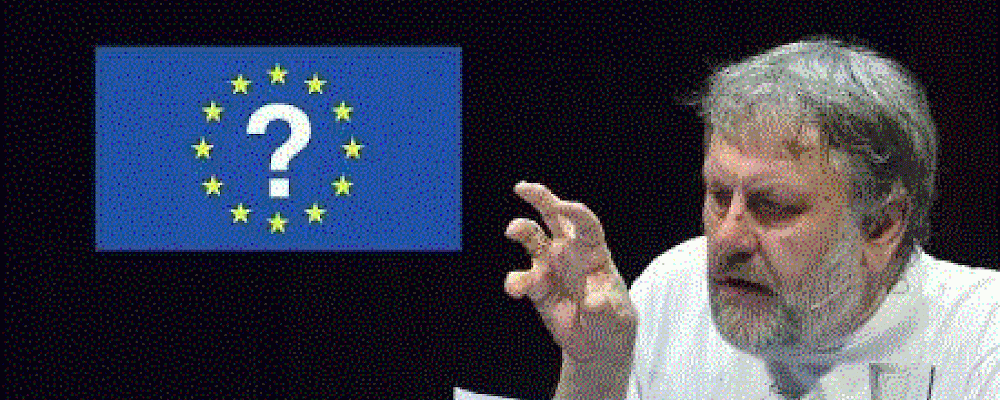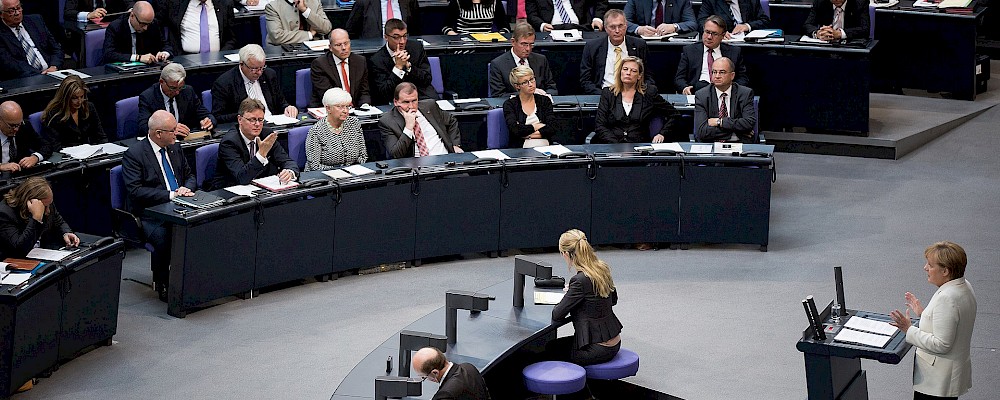Articles by Alina Sabransky

Globalization and Political Economy: The true Essence of Populism
„Every political economy is desperarate in its own special way“ (Manow 2018: 23). Transferred into the field of social science, the introductory sentence of Tolstoi’s Anna Karenina is one of the central ideas Philip Manow states in his 2018 published book "Die Politische Ökonomie des Populismus".

The ambivalent European
The Slovenian philosopher Slavoj Žižek rarely finds words of praise. Instead, he is well known for his controversial pamphlets against capitalism or the power of the European Union. All the more, it might be astonishing for some to hear that now he even claims the EU to be essential.
Available in other languages

Krisenhafte Demokratisierung: Philip Manows zweite politische Analyse erklärt die „(Ent-) demokratisierung der Demokratie“
Vor zwei Jahre erschien Philip Manows originelle Analyse des (nach wie vor aktuellen) Populismusphänomens. Mit seinem neuen Buch „(Ent-)demokratisierung der Demokratie“ ist ihm wiedermal eine differenzierte Deutung der politischen Gegenwart gelungen, die gewohnte Perspektiven verkehrt und sich von überkommenen Hypothesen abwendet.

Ein Strohmann geht um in Europa: Pauschalkritik an postkolonialem Denken als Tragödie und Farce
Niko Gäbs Polemik „Critical Highness“ weist darauf hin, dass es im postkolonialen Diskurs Leerstellen in Bezug auf Antisemitismus gibt. Dies zeigt nicht zuletzt die Debatte um den postkolonialen Theoretiker Achille Mbembe (Cheema/Mendel 2020). Auch Edward Said, Koryphäe der postkolonialen Theorie, steht im Verdacht „die Grundlagen eines sich postkolonial gerierenden Antisemitismus“ (Salzborn 2018, 124) zu formulieren. Nichtsdestotrotz liegen Gäbs Text einige Missverständnisse zugrunde, die wir im Rückgriff auf postkoloniale Theorien und neuere theoretische Entwicklungen erhellen wollen.